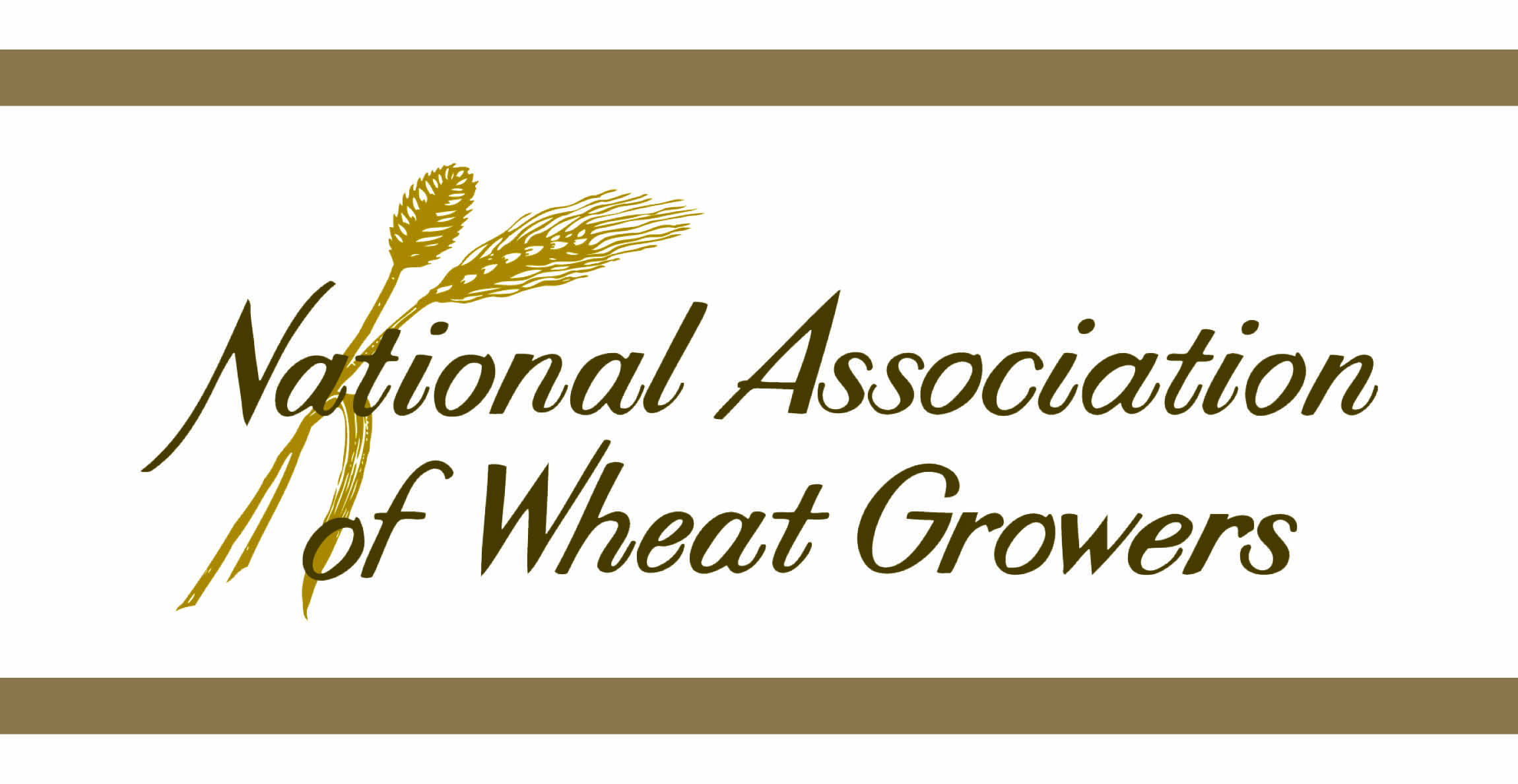Congress Acts on Key Funding Priorities for Wheat Production System
By Josh Tonsager, Legislative Director, National Association of Wheat Growers
Congressional action this year on policy priorities important to wheat farmers has taken some unexpected turns and the outlook for the legislative process is unclear. By now, this should not come as a surprise to anyone who has been following Congress the past several years. What should come as a surprise, though, is just how well critical programs for the wheat industry have fared thus far through the process Congress uses to appropriate federal funds.
Both the House and Senate Appropriations Committees have reported their respective versions of the FY 2017 Agriculture Appropriations bill, which funds the operations of USDA and the Food and Drug Administration (FDA). The National Association of Wheat Growers (NAWG), in conjunction with the National Wheat Improvement Committee, advocated for a funding increase for the U.S. Wheat and Barley Scab Initiative, which helps fund research intended to combat fusarium head blight. While the current Farm Bill authorizes up to $10 million per year for the program, actual funding has only been $6.7 million annually. Our organizations advocated for full funding, and we are pleased that both the House and Senate bills included an increase of $2 million. This is a significant step forward in the fight against a very costly wheat disease. This funding requires full House and Senate membership debate and approval, which could occur in June.
In addition to the Agriculture spending bill, NAWG is actively supporting transportation infrastructure investments through a broad coalition called the Ag Transportation Working Group. NAWG is working collaboratively to ensure continued support for inland waterways infrastructure, including the maintenance of our locks, dams and harbors through the FY 2017 Energy and Water Appropriations bill. The Senate approved its version of the bill on a 90-8 vote on May 12. It included the coalition’s request of the full use of funds through the diesel fuel tax (this has sometimes been limited) for the Inland Waterways Trust Fund as well as $3.17 billion for dredging, repairs, and operations to improve our waterways and help hold down basis cost for buyers and sellers.
The House version of the bill also includes full use of revenues available for the Inland Waterways Trust Fund and about $3.137 billion for dredging, repairs and operations. The status of the House bill, however, is unclear at this time. On May 26, a vote on passage of the bill failed on the House floor, reportedly because that version included a controversial provision that was unrelated to our priorities.
A healthy wheat production system, combined with an efficient waterway, rail and highway systems and continued funding for USDA/Foreign Agricultural Service export market development programs, are critical for the United States to remain the world’s most reliable supplier. NAWG, with input from USW, will stay engaged in the appropriations process in an effort to secure sufficient federal funding for the programs that ultimately benefit U.S. wheat farmers and their downstream customers at home and abroad.


